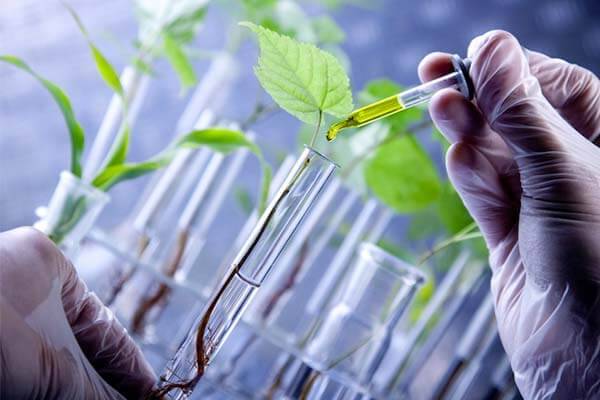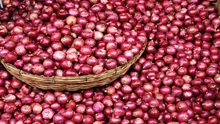
Agriculture and food research investments are declining at a time when these sectors face significant risks from climate change, biodiversity loss, and the spread of pests and diseases that affect plants, animals, and humans, according to an international conference.
"As a single and sobering example of the shift in agricultural research investment, CGIAR spending has declined in inflation-adjusted terms by nearly 40% since 2014," said Philip Pardey, co-director of the GEMS agro-informatics initiative and director of global research strategy at the University of Minnesota's College of Food, Agricultural, and Natural Resource Sciences.
Pardey stated at The Crawford Fund annual conference on the 15th and 16th of August in Canberra, Australia, that all available evidence supports doubling agri-food R&D spending. "There is a return of US$10 in social benefit for every dollar invested in agricultural R&D, and this level of return has been consistent over many years," he said. "However, agri-food R&D spending is declining as a percentage of total R&D spending."
He noted a concerning trend in which just ten countries account for nearly two-thirds of total food and agriculture R&D spending worldwide. According to Pardey, only 3% of total R&D spending in high-income countries is currently directed toward agriculture, whereas about a fifth of total R&D spending in low-income countries is directed toward food. The geography of food and agriculture research and development, like the geography of agricultural production, has shifted dramatically across the Asia Pacific region.
"The Asia Pacific region [including developed and developing countries] now accounts for nearly half of global agri-food R&D spending," Pardey said. "China now outspends the United States in both public and private agri-food R&D, accounting for roughly 23% of global agri-food R&D spending."
"In terms of knowledge sharing, the private sector now outspends the public sector in agri-food R&D globally, at a time when the public sector still conducts nearly 90% of research in low-income countries." In terms of potential, this has huge implications for how public policy is developed and how public research is conducted."
Regina Bi Nukundj, senior food security policy officer in Papua New Guinea's Department of Agriculture and Livestock, suggested including policy officers during the design phase of a research project in order for the research to translate into evidence-based policy decisions that would benefit all stakeholders.
"We've put a lot of money into the research projects." The collaboration, objectives, and results of the research are excellent, but they are limited to research panels or the capacity building of individual researchers in the country," Nukundj said.
According to Ravi Khetarpal, executive secretary of the Asia Pacific Association of Agricultural Research Institutions and chair of The Global Forum on Agricultural Research and Innovation, two factors are important for the success of collaborative projects in the Asia Pacific region: first, the quality of collaboration with partners, and second, the beneficiary's ownership.
Speakers emphasized the importance of increasing, improving, and sustaining investment in agricultural research in order to realize its full potential. "There is no reason why we cannot commit to 10- or 20-year research programmes and give that stability to our system," said Kylie Walker, chief executive officer of the Australian Academy of Technology and Engineering. "We're losing a lot of good people because they don't have job security." They devote up to a third of their working year to applying for grants and justifying their existence."
Agricultural research has a wide range of social benefits, including increased equity for women and ethnic minorities, the development of more diverse and resilient production systems that benefit the natural environment, and the improvement of nutrition. Jenny Gordon, former chief economist at Australia's Department of Foreign Affairs and Trade, believes this should persuade governments to support it.
While the Green Revolution [of the 1950s and 1960s] was defined by producing cheap and abundant food, the goal now should shift to delivering nutritious, diverse food from sustainable ecosystems, according to Jean Balié, CGIAR regional director for South-East Asia and the Pacific and director-general of the International Rice Research Institute.
In her keynote address, Audrey Aumua, member of the policy advisory council of the Australian Centre for International Agricultural Research and chief of the Fred Hollows Foundation, New Zealand, emphasized the critical importance of integrating Pacific Island countries' traditional knowledge with modern science and technology.
"The uniqueness of our agricultural challenges can and should lead to unique scientific breakthroughs, but these breakthroughs will not happen if our small island nations do not collaborate and receive support from our large regional partners," she said, calling for a broader regional research agenda that not only provides support but also builds capacity for agricultural research.









